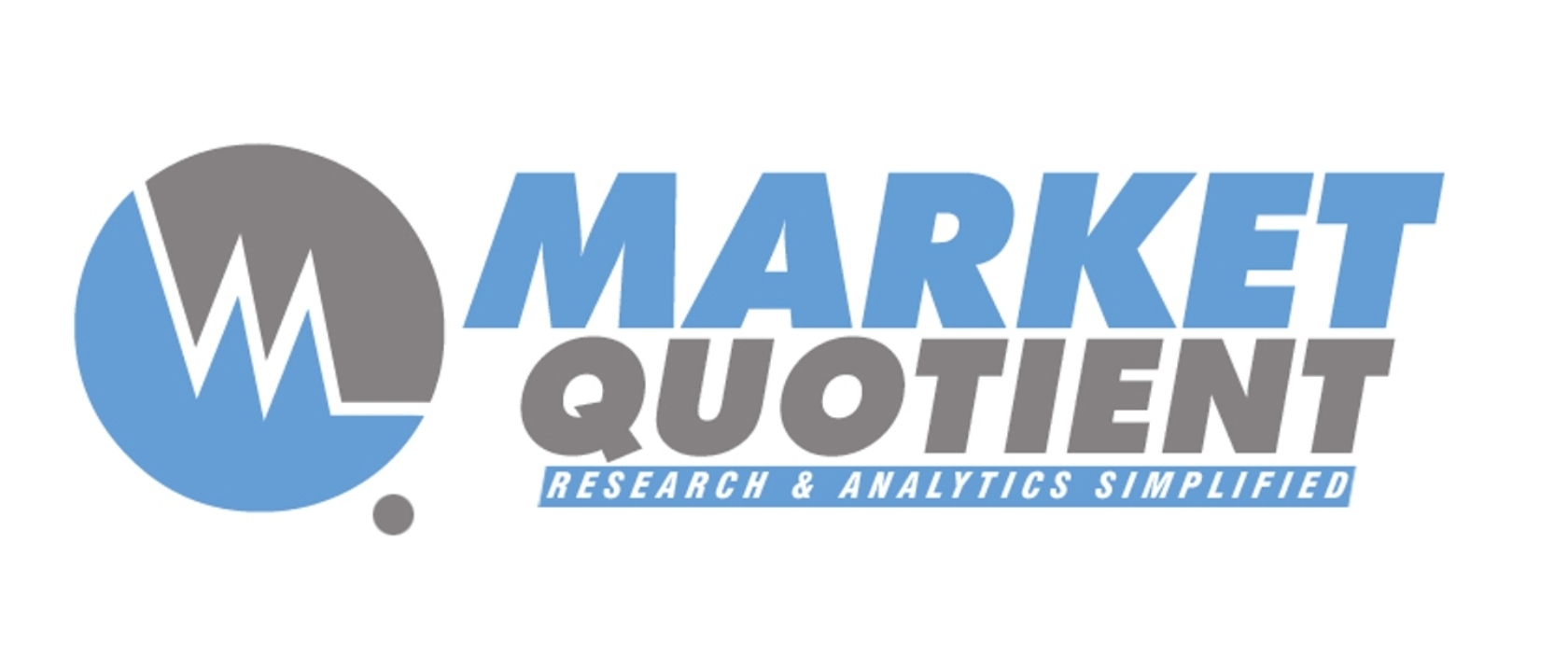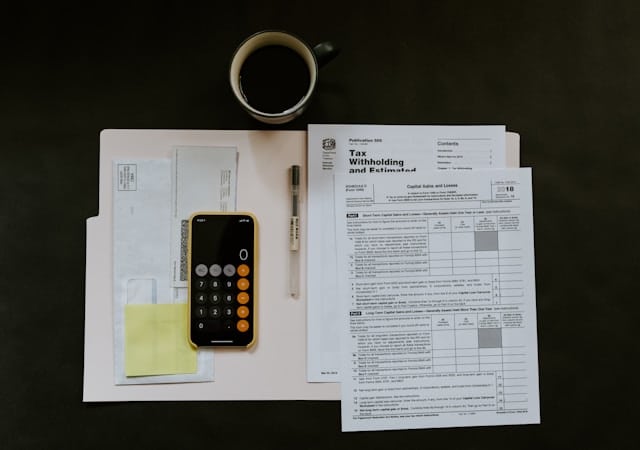Data collection is a vital process for any business aiming to leverage insights for strategic decisions. Virtual assistants (VAs) can significantly enhance this process by providing cost-effective, efficient, and scalable solutions. Here are some best practices and tips for businesses to optimize their data collection processes using virtual assistants.
1. Define Clear Objectives
Before deploying virtual assistants, it is crucial to establish clear objectives for what you aim to achieve with your data collection. Whether it’s customer insights, market trends, or operational data, having a well-defined goal helps in selecting the right tools and setting up relevant data collection parameters.
- A retail business may aim to understand customer preferences and buying patterns. By clearly defining this objective, the business can guide VAs to focus on collecting relevant data from sales transactions and customer feedback.
Tip: Outline specific questions you want your data to answer. This clarity will guide your VAs in collecting targeted and actionable data.
2. Choose the Right Tools
Selecting the appropriate tools for data collection is essential. Virtual assistants should be equipped with advanced tools like web scraping software, CRM systems, and data integration platforms. Tools such as Beautiful Soup, Scrapy, and Zapier can automate and streamline the data collection process. Businesses using advanced data collection tools report a 30% increase in the efficiency of their data collection processes.
- An e-commerce company uses Scrapy to collect data on competitor pricing and product availability, allowing it to stay competitive and adjust pricing strategies in real-time.
Tip: Ensure that the tools you choose are compatible with your existing systems and can handle the scale of your data needs.
3. Automate Repetitive Tasks
Automating repetitive and time-consuming tasks can save significant time and resources. Virtual assistants can be programmed to handle tasks such as data entry, data cleaning, and basic analysis, allowing your team to focus on more strategic activities. Automation of data collection tasks can reduce operational costs by up to 50%.
- A financial services firm automates the collection and entry of transaction data into its systems, freeing up analysts to focus on interpreting the data and making strategic recommendations.
Tip: Use automation scripts and bots for tasks like web scraping and data entry to minimize human error and improve efficiency.
4. Ensure Data Quality
High-quality data is essential for accurate analysis and decision-making. Implement data validation and cleaning processes to ensure the integrity and reliability of the data collected by your virtual assistants. Companies using virtual assistants for data tasks report a 33% reduction in errors compared to manual data entry.
- An e-commerce business uses VAs to regularly clean and update its customer database, ensuring that marketing efforts are based on accurate and up-to-date information.
Tip: Set up automated checks and balances to detect and correct errors in real-time.
5. Train Your Virtual Assistants
Investing time in training your virtual assistants on your specific business needs and processes can greatly enhance their effectiveness. Well-trained VAs can better understand the context and nuances of the data they collect, leading to more relevant and useful insights.Companies that invest in training their VAs report a 25% improvement in the quality of data collected.
- A healthcare provider trains VAs on the specific regulatory requirements and data privacy standards in the industry, ensuring compliance and high data quality.
Tip: Provide comprehensive training manuals and regular updates on any changes in data collection protocols or objectives.
6. Monitor and Evaluate Performance
Regular monitoring and evaluation of your virtual assistants’ performance are crucial to ensure they are meeting your data collection goals. Use key performance indicators (KPIs) to measure effectiveness and identify areas for improvement.
- A marketing firm tracks the performance of VAs by measuring the accuracy and timeliness of data collected for campaign analysis, ensuring that marketing strategies are based on reliable data.
Tip: Set up dashboards and reports that provide real-time insights into the performance of your VAs and the quality of data collected.
7. Leverage Analytics for Continuous Improvement
Use analytics to continuously refine and improve your data collection processes. Analyzing the data collected can reveal patterns and insights that can be used to optimize future data collection efforts.Businesses leveraging analytics for data collection report a 20% increase in actionable insights and decision-making capabilities.
- A retail chain analyzes sales data collected by VAs to identify peak shopping times and customer preferences, allowing them to optimize inventory and staffing levels.
Tip: Implement feedback loops where the insights gained from analytics are used to improve the data collection process iteratively.
Market Quotient’s Data Collection Services
Market Quotient offers comprehensive virtual assistant and data collection services that empower businesses to succeed in today’s dynamic marketplace. By utilizing advanced tools and methodologies, Market Quotient’s VAs can efficiently gather and analyze critical data, providing businesses with high-quality, actionable insights. Our services are designed to streamline the data collection process, ensuring accuracy, reliability, and relevance.
Benefits of Market Quotient’s Services:
- Cost Efficiency: Save on operational costs with on-demand, specialized data collection services.
- Expertise: Access to trained professionals with experience in advanced data collection tools and techniques.
- Scalability: Easily scale data collection efforts to meet changing business needs.
- Quality Assurance: Rigorous data validation and cleaning processes ensure high data quality.
- Actionable Insights: Gain timely and relevant insights to inform strategic decisions and drive growth.
By partnering with Market Quotient, your organization can harness the power of efficient and accurate data collection, ultimately leading to better decision-making and enhanced competitiveness in the market.
Conclusion
Optimizing data collection processes with virtual assistants involves defining clear objectives, choosing the right tools, automating repetitive tasks, ensuring data quality, training VAs, monitoring performance, and leveraging analytics. By following these best practices and leveraging Market Quotient’s data collection services, SMEs can enhance their data-driven strategies and achieve greater success in a competitive marketplace.





